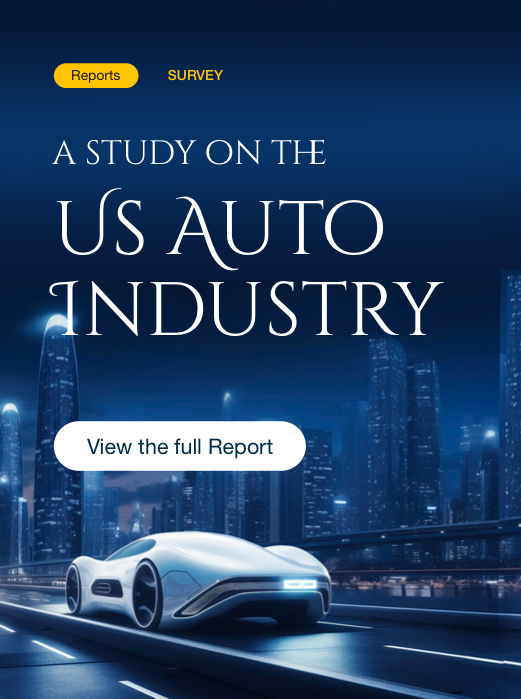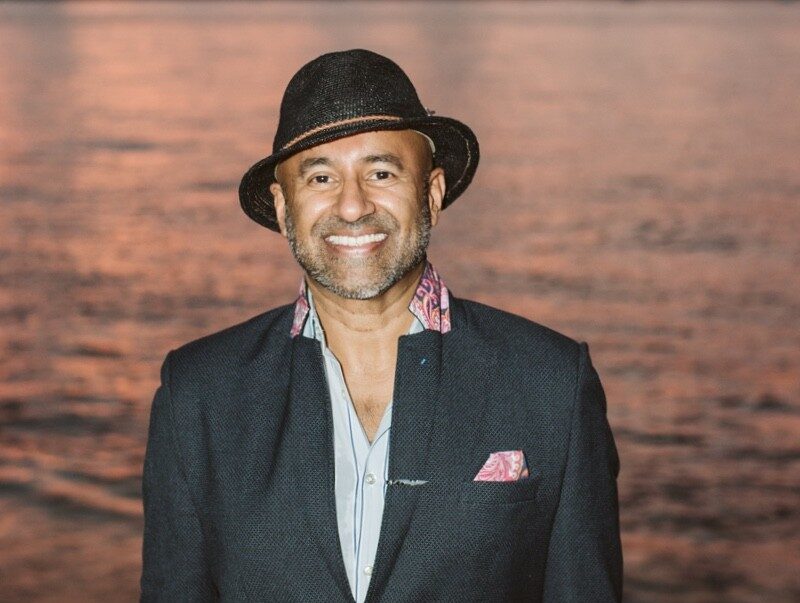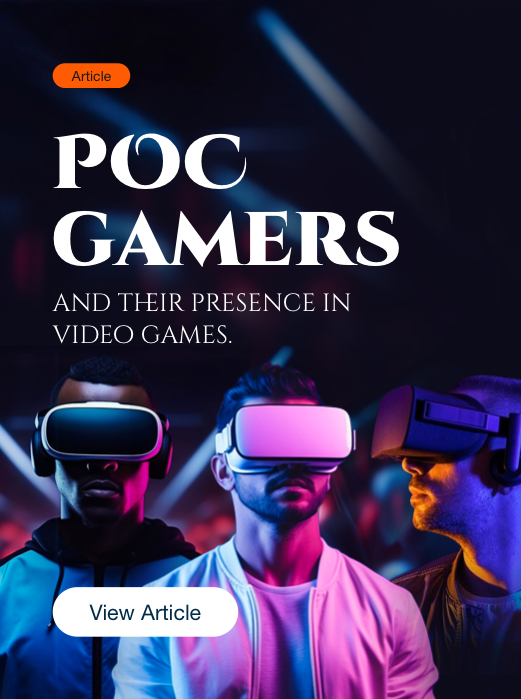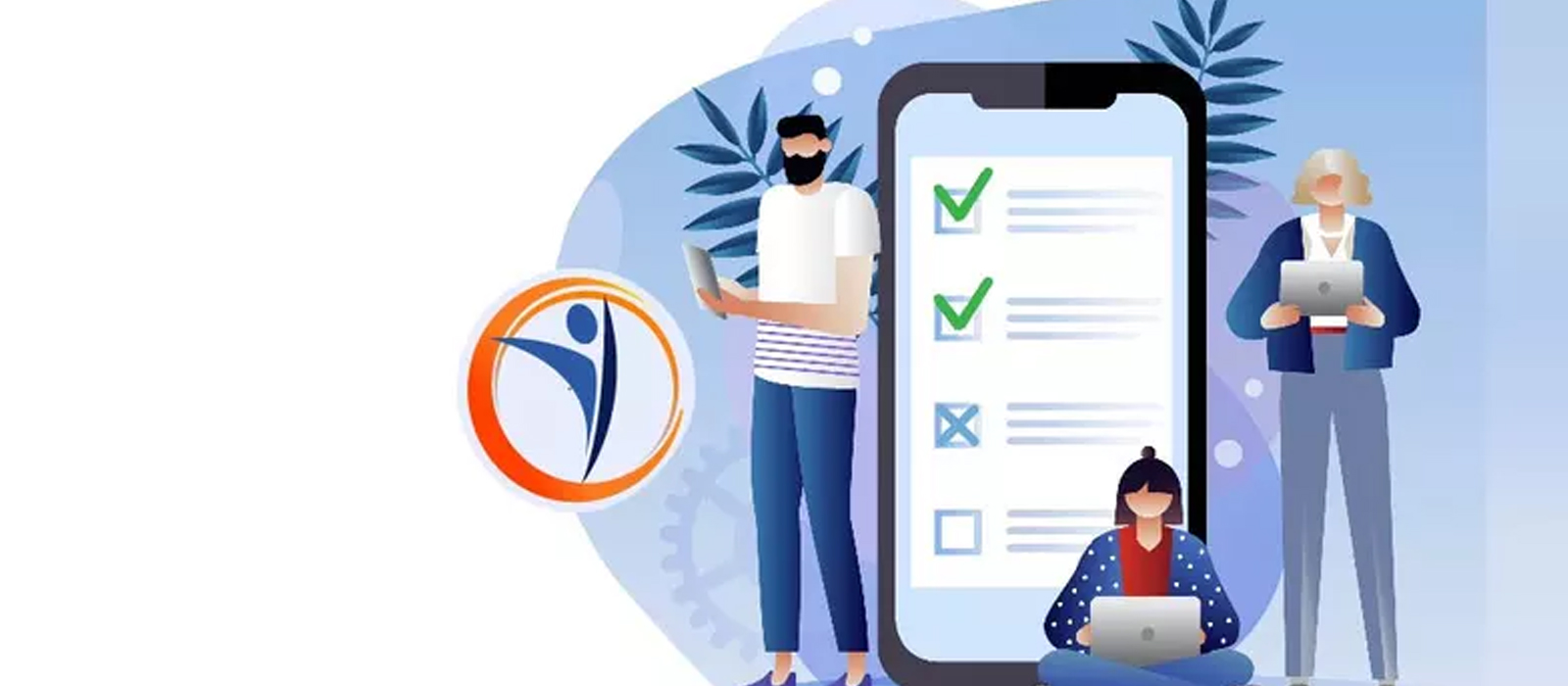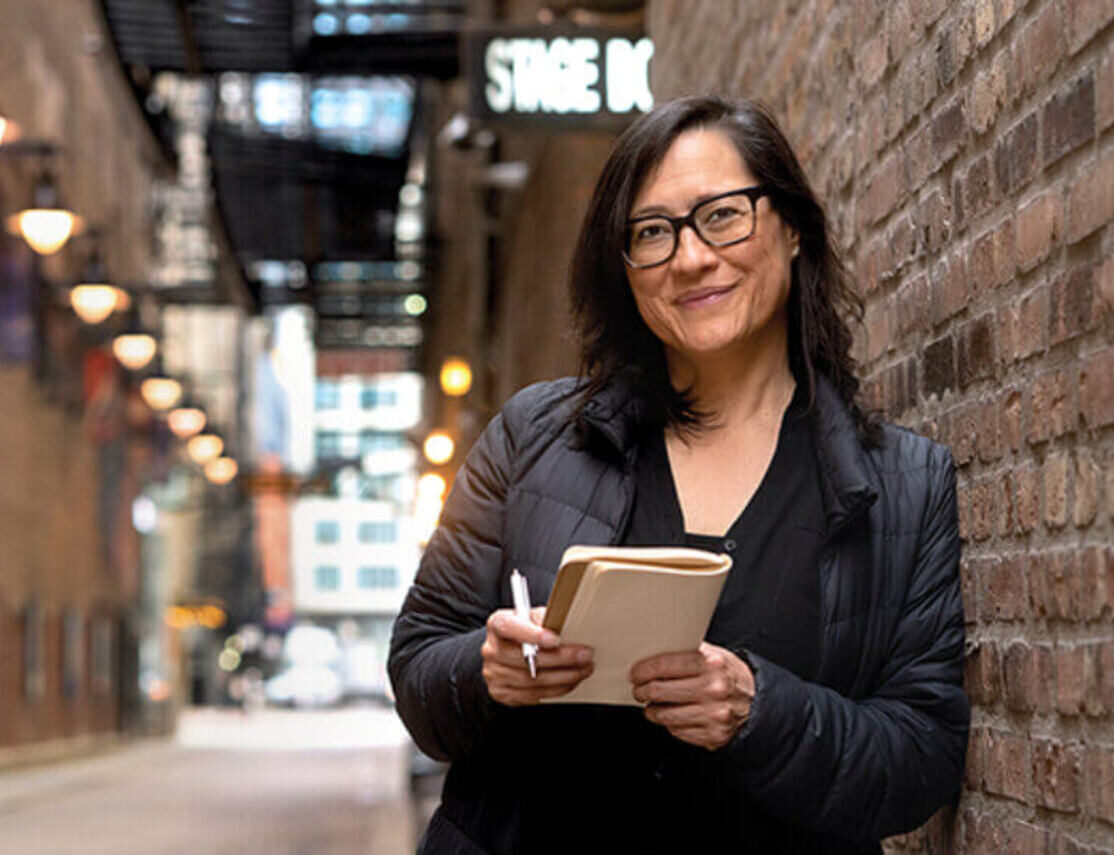My mantra, No one Ever Slows Her Agenda, is deeply rooted in my name and personal journey. As a 16-year-old journalist, I learned that if you don’t ask, you don’t get. I had to pursue opportunities relentlessly and unapologetically. I faced moments where others doubted me, and even when investors declined based on bias, I kept moving forward. It became my personal creed and, ultimately, the foundation of Her Agenda: whatever your goal is, don’t let anyone slow you down.
Her Agenda acknowledges the unique systemic barriers women of color often face. We intentionally feature stories and role models who look like them, addressing real-world challenges like biases in promotion, pay, access, and even the need to show up intentionally at work while maintaining life on the home front.
Through curated articles, mentorship programs, targeted events like Her Agenda Live, which we’re excited to relaunch this fall, and our “Insiders” community, we offer culturally relevant resources, affirming these women’s experiences while equipping them to break ceilings.
Everything about Her Agenda is rooted in community, from our contributor network of over 75 women writing practical career advice to our live events and peer mentorship group. Early on, I relied on co-working spaces and word-of-mouth partnerships to build our brand with minimal capital.
Our community has been pivotal in nominating us for awards, spreading the word, collaborating on content, and funding our mission. Community engagement isn’t just part of the growth; it is the growth. I often say that being a part of our community gives you a group of cheerleaders that you may not get to meet in person, but are always there rooting for you.
I realized there was no centralized resource or support system specifically for Black-owned media, their voices often ignored, budgets underfunded, and monetization challenged. BOMESI was born to fill that void, providing access to capital, mentorship, ad partnerships, and a collective voice. We saw a need for advocacy, ecosystem building, and real infrastructure to sustain and scale Black-owned outlets.
BOMESI supports economic resilience through non‑dilutive grants via our Accelerator Program, which has already distributed over $675K. We’ve also launched the BOMESI Collective, pooling ad revenue for leverage and scale, and created direct ad partnerships, including programmatic and RFP-driven deals, geared toward equitable payment models. It’s about putting dollars directly into these businesses in a sustainable way.
Collaboration is fundamental; it’s rooted in collective economics and resource sharing. Through BOMESI’s community, Black media founders are sharing insights, strategies, and relationships daily. That transparency fosters a powerful ecosystem where one outlet’s gain promotes group success. It’s not just business, it's a cultural shift toward mutual support, generational wealth building, and narrative ownership.
Success means shifting the media landscape where Black-owned outlets hold equal footing in audience reach, advertising revenue, and cultural impact. It's measuring increased funding, audience growth, and long-term sustainability across our partners. Ultimately, success is when these outlets become indispensable to brands, advertisers, and culture at large and are no longer marginalized.
Early investor discussions showed the bias vividly, being asked to prove scalability in ways not expected of white founders, I often had to provide more proof before being taken seriously, despite traction. Even as we built Her Agenda and later BOMESI, gaining access to ad dollars and sponsorships was an uphill climb; brands didn’t always see the value in reaching BIPOC women, even when the impact was clear.
I’ve been inspired by powerful women I’ve interviewed. Their stories of starting late, mentoring, and persevering encouraged me to launch Her Agenda. I’m also motivated by the founders in my network, who are peers who've built alongside me in co-working spaces, emboldening each other.
From them I’ve learned to start where you are, tap into what you know, and never wait for permission. I’ve adopted a fearless mindset: ask what you want, follow up relentlessly, and embrace failure as part of the journey . These women taught me that authenticity, vulnerability, and audacity are powerful catalysts for change.
These platforms will recalibrate who tells our stories and why it matters. We’ll see rising Black, brown, and multicultural voices shaping politics, policy, and popular culture. They’ll influence brand narratives, challenge mainstream media narratives, and become go-to sources for advertisers seeking authentic connection.
We've doubled down on multimedia content social-first storytelling, podcasts, and video recaps of the articles that we publish to meet younger audiences where they are. We feature culturally relevant voices, highlight underrepresented experiences, and build community through digital-first events and peer groups. It’s about creating spaces that feel welcoming, inspiring, and actionable so Gen Z sees themselves, their ambitions, and their agenda in our work.
One thing that we’ve found is that Gen Z is very much interested in stories that shape their future, which many do not realize. Our Gen Z audience and even a few members of Gen Alpha have been inspired by stories of building generational wealth and in some cases have used our articles as conversation starters to discuss finance and other topics with their parents and other role models.



